A New U.S. Push Against the Brotherhood: Why Is It So Hard to Call It a Terrorist Group?
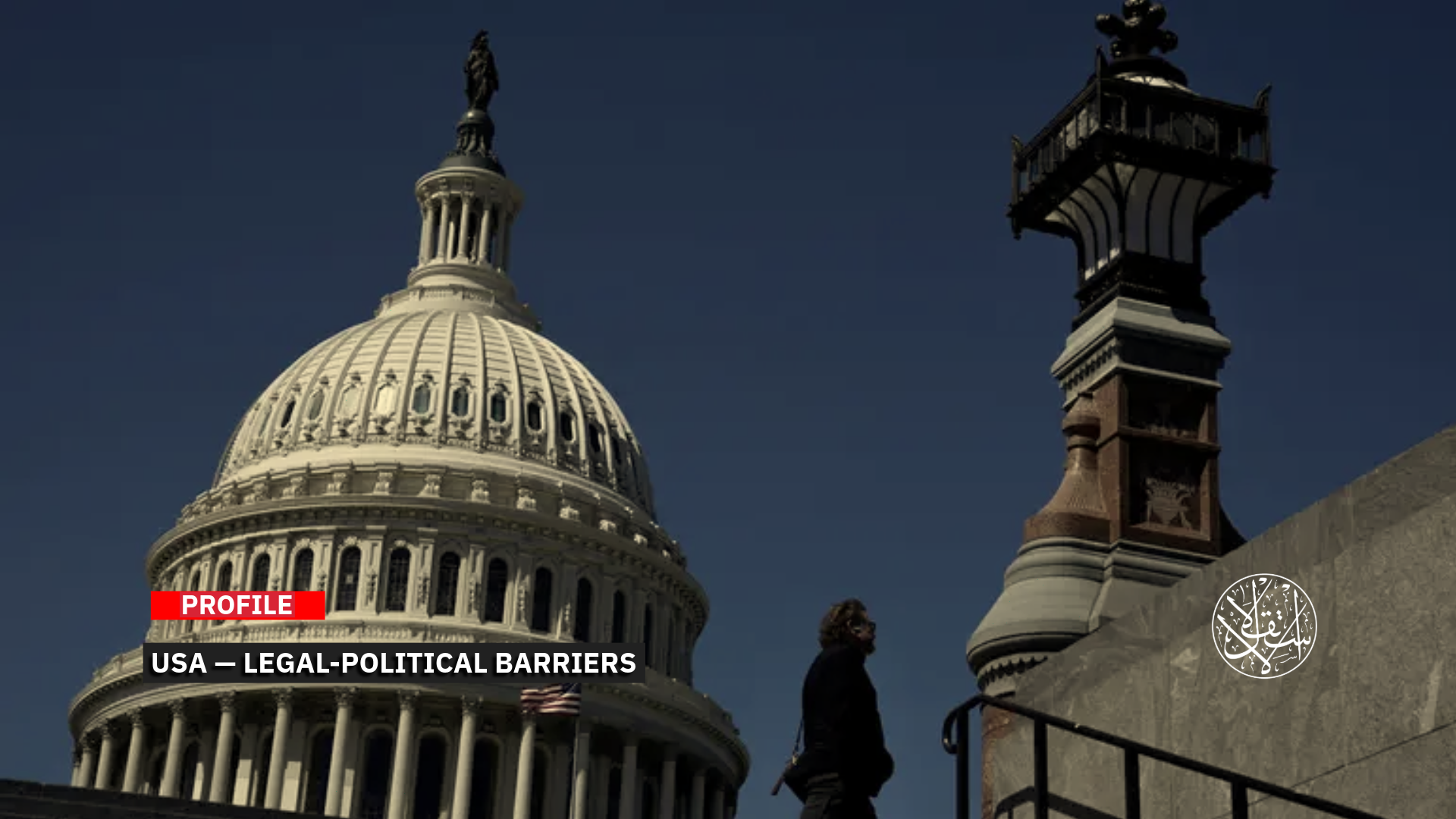
Security Concerns Played a Key Role in Halting the Law.
For over a decade, the name Muslim Brotherhood has echoed through the corridors of U.S. policymaking — not just as a political force in the Middle East, but as a point of deep division within Washington itself.
Every time a proposal emerges to designate the group as a “terrorist organization,” it triggers a familiar storm of controversy.
On one side are those who view it as a transnational ideological threat; on the other, voices urging caution, arguing that the Brotherhood is a far more complex entity—one that defies easy categorization or a single narrative.
With Republican Senator Ted Cruz reintroducing a bill on July 15, 2025, to label the Muslim Brotherhood a “terrorist organization,” the familiar impasse returns—where legal hurdles, regional alliance calculations, and the Brotherhood’s uniquely diffuse structure stand in the way.
Despite the political momentum behind the move, the legal, institutional, and diplomatic roadblocks remain substantial enough to either sink the bill or strip it of real impact. Which raises a pressing question: has the designation of the Brotherhood as a “terrorist organization” become an elusive political goal—or merely a pressure card pulled out when convenient?
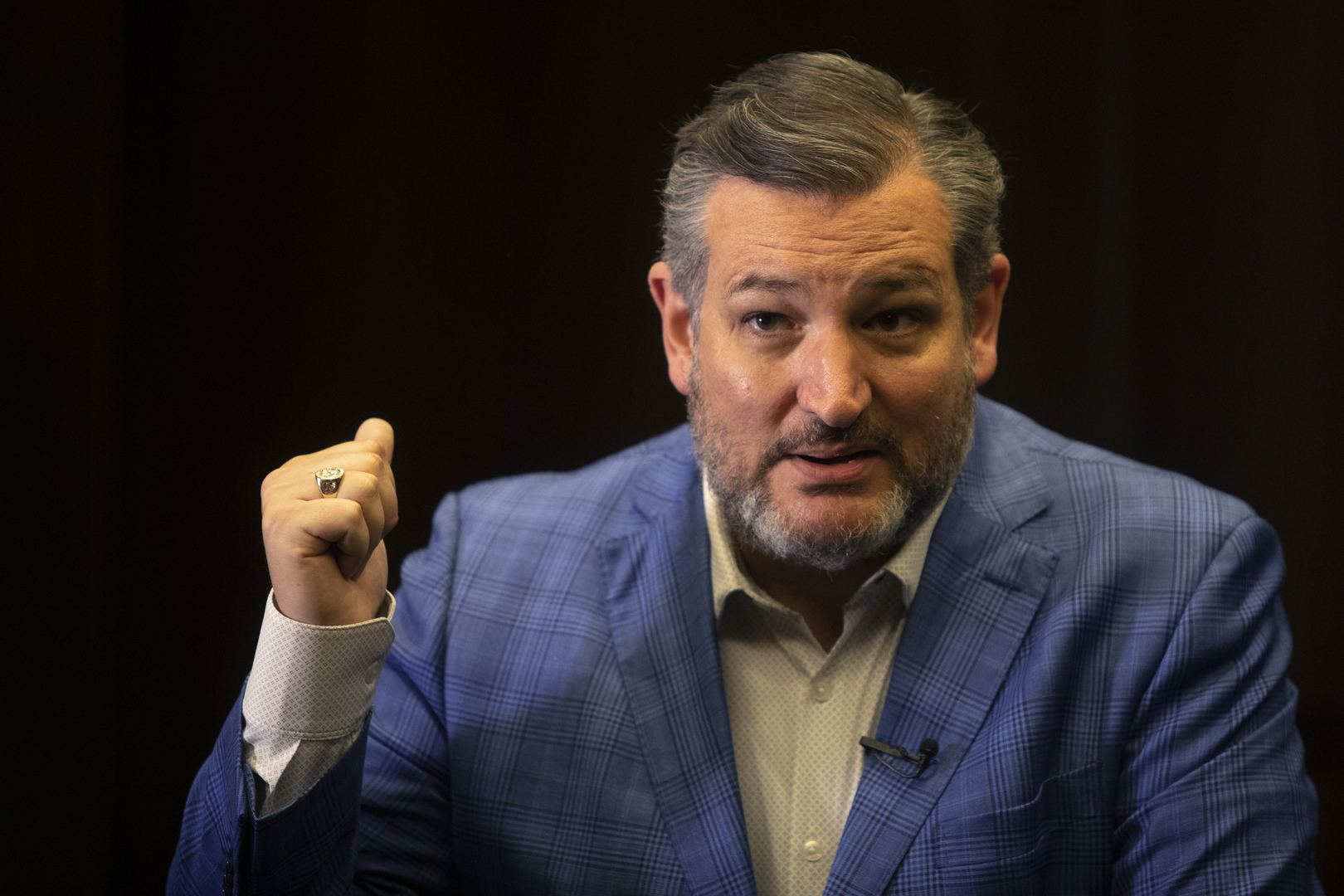
The Nature of the Law
In a move that underscores the escalating push from America’s conservative right, Senator Ted Cruz—well-known for his hardline positions—has unveiled a fresh version of his bill aimed at criminalizing the Muslim Brotherhood.
According to the Washington Free Beacon, a right-leaning outlet that has championed similar causes, Cruz’s bill is built around what he calls an “updated strategy”—one that reshapes the criteria for designation to better serve political ends rather than adhering strictly to established legal standards.
Unlike previous attempts that faltered amid the Brotherhood’s structural complexity and its broad, often non-violent global footprint, Cruz is now championing a so-called “bottom-up” approach, targeting affiliated entities and activities piecemeal, rather than the organization as a whole.
This approach hinges on targeting local branches of the Brotherhood deemed “violent” or involved in armed activity in certain countries, as a preliminary step toward outlawing the organization as a whole.
In doing so, Cruz is attempting to sidestep the legal roadblocks that derailed previous efforts by fragmenting the group and reinforcing the notion of a material and organizational link between the parent body and its affiliates.
According to documents from his office, earlier attempts failed largely because some Brotherhood offshoots operate under the guise of religious outreach and charitable work, making it difficult to meet the legal threshold for terrorism designation under U.S. law.
In line with this, the new bill mandates the State Department to identify which branches meet the legal criteria and to document their links to the parent organization, laying the legal groundwork to eventually designate them as a foreign terrorist entity.
Notably, Cruz’s approach draws on a precedent set by the Trump administration in 2017, when it labeled Iran’s Revolutionary Guard Corps a terrorist organization based on the activities of its external arm, the Quds Force.
At the time, the move was widely criticized as a break with established legal norms governing the designation of foreign entities.
Critics view Cruz’s moves—widely seen as aligned with “pro-Israel” interests—as an extension of a conservative ideological agenda that weaponizes the Brotherhood issue for domestic political gain.
This narrative resonates particularly well within segments of the Republican base, while also serving as a bargaining chip against regional rivals in the Middle East.
Background of the Project
In early June 2025, Republican Representative Nancy Mace—known for her hardline right-wing rhetoric—introduced a new bill seeking to designate the Muslim Brotherhood as a terrorist organization.
The move came with the explicit backing of Senator Ted Cruz, who publicly voiced his full support.
According to Ted Cruz, “The Muslim Brotherhood is a terrorist organization, and it provides support to Muslim Brotherhood branches that are terrorist organizations […] American allies in the Middle East and Europe have already labeled the Brotherhood a terrorist organization, and the United States should do the same, and do so expeditiously.”
Ironically, this is not the first time Mace has pushed controversial legislation of this kind.
In the same month, she spearheaded a legislative campaign aimed at blocking asylum for Palestinians arriving from Gaza.
Her proposal included repealing the temporary protected status (TPS) measures enacted under the Biden administration—a move clearly aligned with the hardline agenda within the Republican Party.
In public statements, Mace sought to broaden the definition of the “Brotherhood threat,” asserting that the group poses an imminent danger to U.S. national security, far beyond being merely a political actor in the Middle East.
She went as far as to claim that the Brotherhood is “more dangerous than Hamas,” describing it as “the political face of contemporary radical jihad.”
To bolster the legitimacy of her stance, Mace invoked Egypt’s 2013 coup, pointing to General Abdel Fattah el-Sisi’s ousting of President Mohamed Morsi as a necessary move to “halt the Brotherhood’s threat.”
She argues that the Egyptian experience provides further justification for decisive action—at least, that is her assertion.
Notably, Mace’s rhetoric goes beyond legal justification, adopting a populist and incendiary tone.
“The Muslim Brotherhood doesn't just support terrorism, it inspires it,” said Congresswoman Nancy Mace. “President Trump was right when he said the Muslim Brotherhood is a threat to global security, and it’s long past time we call them what they are: terrorists.”
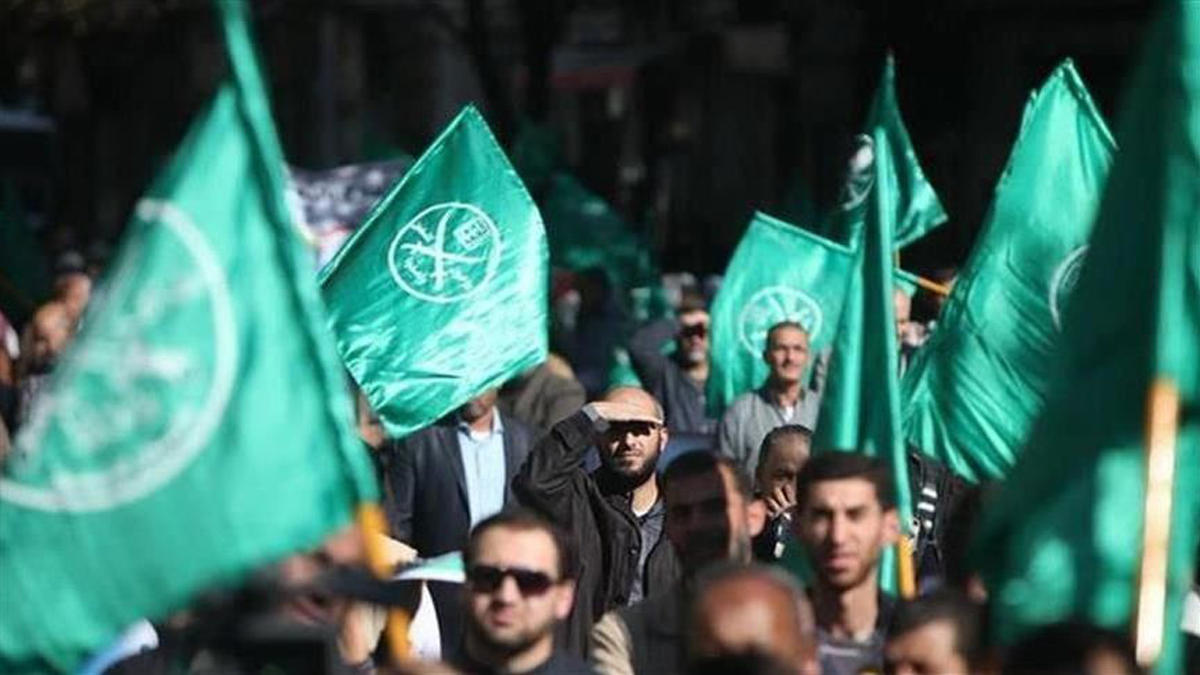
Previous Attempts
Since 2015, a number of Republican lawmakers have repeatedly launched legislative campaigns aimed at designating the Muslim Brotherhood as a foreign terrorist organization.
While the wording has evolved and administrations have changed, the outcome has remained largely unchanged: bills introduced with significant media and partisan momentum only to be stalled in committee or derailed by opposition from U.S. security and diplomatic institutions.
The effort began with Republican Representative Mario Diaz-Balart, who in November 2015 introduced bill H.R.3892, followed shortly after by a parallel Senate measure from Senator Ted Cruz, known as S.1563.
Both bills sought to require the State Department to assess whether the Muslim Brotherhood met the criteria for designation as a terrorist organization.
Despite gaining support within the House Judiciary Committee in February 2016, the legislation never made it to a final vote on the House floor.
Notably, the Obama administration—alongside intelligence agencies led by the CIA—expressed strong reservations about the bill, warning that such a designation would create a complex legal and security environment within the United States.
Particular concern centered on the possibility that local branches of the Brotherhood or American Muslim organizations like the Council on American-Islamic Relations (CAIR) could be caught up in the designation, sparking widespread fears of fueling Islamophobia and stigmatizing Muslim communities as terrorist-affiliated.
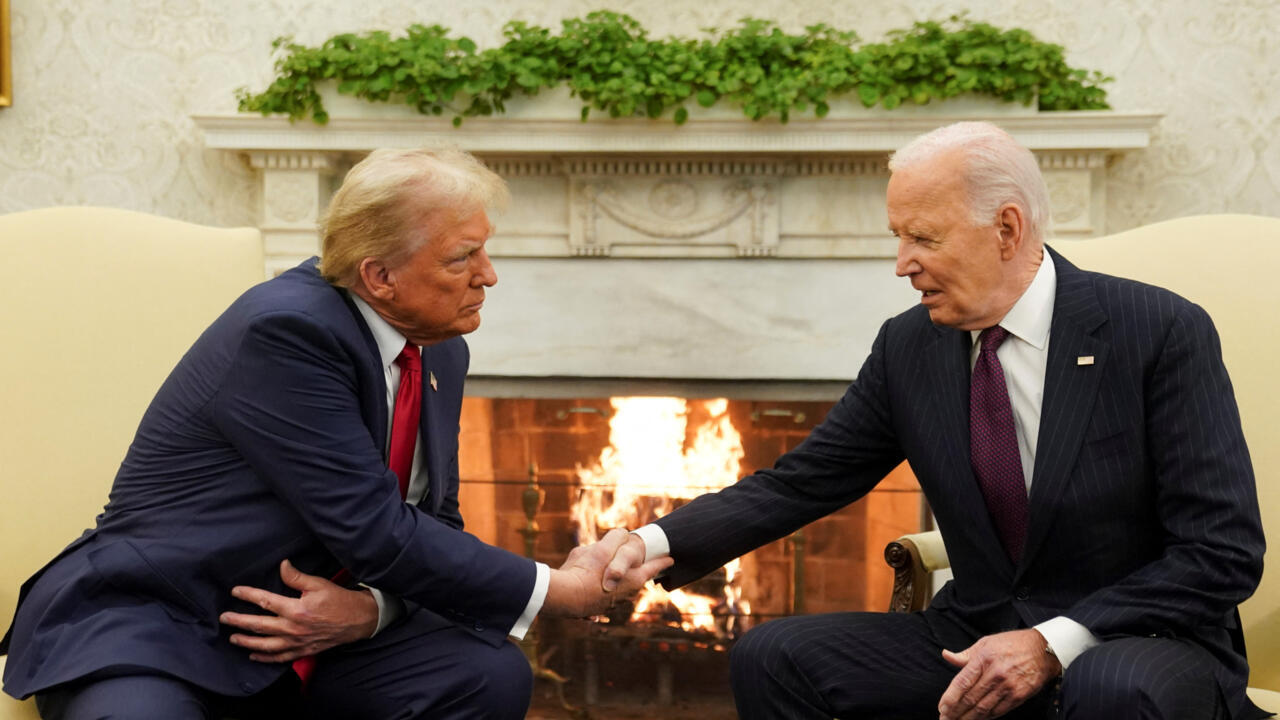
Trump and Biden
These efforts resurfaced during Donald Trump’s first term (2017–2021), when Ted Cruz reintroduced a similar bill, S.1121. Despite strong conservative backing and apparent support from the administration, the proposal once again failed to overcome the hurdles.
Once more, the initiative ran headlong into security assessments and warnings from intelligence agencies, which argued that designating the Brotherhood as a terrorist organization could ultimately “fuel extremism” rather than contain it.
There were also concerns that such a designation could undermine Washington’s relations with key Middle Eastern allies—particularly given that Muslim Brotherhood branches participate openly in the political life of countries like Morocco, Tunisia, and, until recently, Jordan, where authorities have increasingly cracked down on the group.
In November 2021, the effort was renewed for a third time within six years, with Senate bill S.3151 and a parallel measure, H.R.5840, introduced in the House.
Once again, Senator Cruz led the charge, backed by Republicans Jim Inhofe, Ron Johnson, and 14 other representatives.
The bill took on a sharper tone, accusing the Brotherhood of adopting extremist rhetoric and using charitable and religious organizations as a cover to spread ideological influence, while calling on the State Department to prepare an official report on the group’s designation.
Yet, this attempt once again ran into political headwinds, with the Biden administration adopting a more cautious stance on the classification.
U.S. security and diplomatic agencies made clear their unwillingness to engage in a legal process lacking broad domestic consensus.
Despite persistent Republican efforts, the bill was once again defeated due to a lack of legal consensus over whether the Brotherhood met the criteria set out in U.S. immigration and nationality law.
This series of repeated setbacks reveals that proposals to designate the Muslim Brotherhood have lacked not only political resolve, but also the solid legal foundation necessary to withstand scrutiny from both the legislative and executive branches.
It also underscores that partisan zeal, no matter how fervent, cannot be translated into lasting policy without alignment with the priorities of America’s entrenched institutions—those that evaluate such matters through the lens of national security and foreign relations.
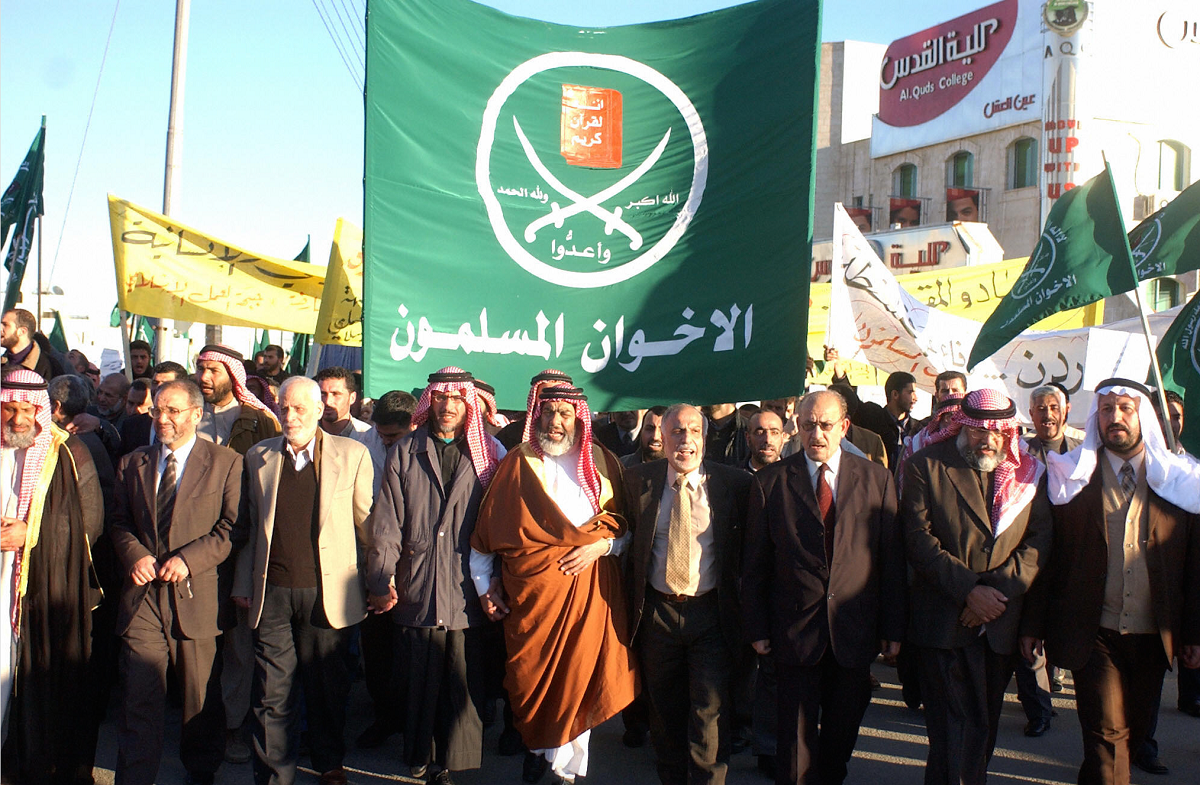
Barriers to Designation
In an analytical study published by the Masar Center for Humanitarian Studies on 15 July 2025, researchers identified the key legal and political obstacles that have repeatedly stalled efforts to designate the Muslim Brotherhood as a terrorist organization—despite renewed attempts and mounting media and political pressure over the past decade.
The study concluded that the classification project faces three intertwined structural barriers, the foremost being legal challenges, including the Brotherhood’s fragmented branches and the difficulty of crafting a comprehensive designation.
One of the most significant challenges lies in the Brotherhood’s inherently heterogeneous nature worldwide; its branches vary widely in structure, activities, and attitudes toward armed struggle.
This disparity makes it difficult to build a unified legal case that meets the strict criteria required for designating foreign entities as terrorist organizations.
The study also highlighted that any official designation must navigate multiple institutional layers within the State and Treasury Departments, requiring documented evidence proving involvement in violence—a complex process that prevented similar decisions even during the George W. Bush administration.
Despite attempts to circumvent this challenge by targeting the most extremist branches as a precursor to a comprehensive designation, the study argues that this approach lacks decisiveness and faces internal resistance within certain executive agencies.
Next comes the political obstacle and the complexities of relations with regional allies. The study observes that this dimension demands a far more delicate balancing act, particularly given the presence of Brotherhood-affiliated groups engaged in legitimate political activity in U.S. allies such as Morocco, Jordan, and Yemen.
For instance, Morocco’s Justice and Development Party participates openly in the country’s political life, while Yemen’s Islah Party forms part of the internationally recognized government coalition.
Adding to this complexity, countries like Turkiye and Qatar—key allies or strategic partners of Washington—have long demonstrated tolerant or even supportive stances toward the Brotherhood.
The study concludes that a comprehensive designation risks straining diplomatic ties with these states and could undermine U.S. interests in sensitive regional matters.
Finally, there is the domestic hurdle of protecting local branches within the United States.
According to the study, America faces a legal dilemma when it comes to groups or organizations suspected of ties to the Brotherhood on its soil, as U.S. law offers strong protections for freedom of assembly and expression.
The report notes that imposing sanctions on domestic organizations requires a lengthy and complex judicial process, which often means the issue is left to security oversight—primarily through the FBI—rather than formal designation.
Despite previous administrations’ attempts, particularly under Trump, to explore this route, security and institutional warnings about the potential impact on social cohesion within Muslim communities proved decisive in halting progress.
Sources
- Ted Cruz Leads a New Campaign Against the Brotherhood: Gradual Designation Starting with Violent Branches [Arabic]
- Can President Trump Designate the Muslim Brotherhood as a “Terrorist” Group? [Arabic]
- Designating the Brotherhood as a Terrorist Organization Puts Millions of Muslims at Risk [Arabic]
- The New York Times: What Are the Chances of Designating the Brotherhood as a “Terrorist” Group? [Arabic]
- Will Trump Succeed in Adding the Muslim Brotherhood to the List of Terrorist Organizations? The Answer Is No—Here’s Why [Arabic]










